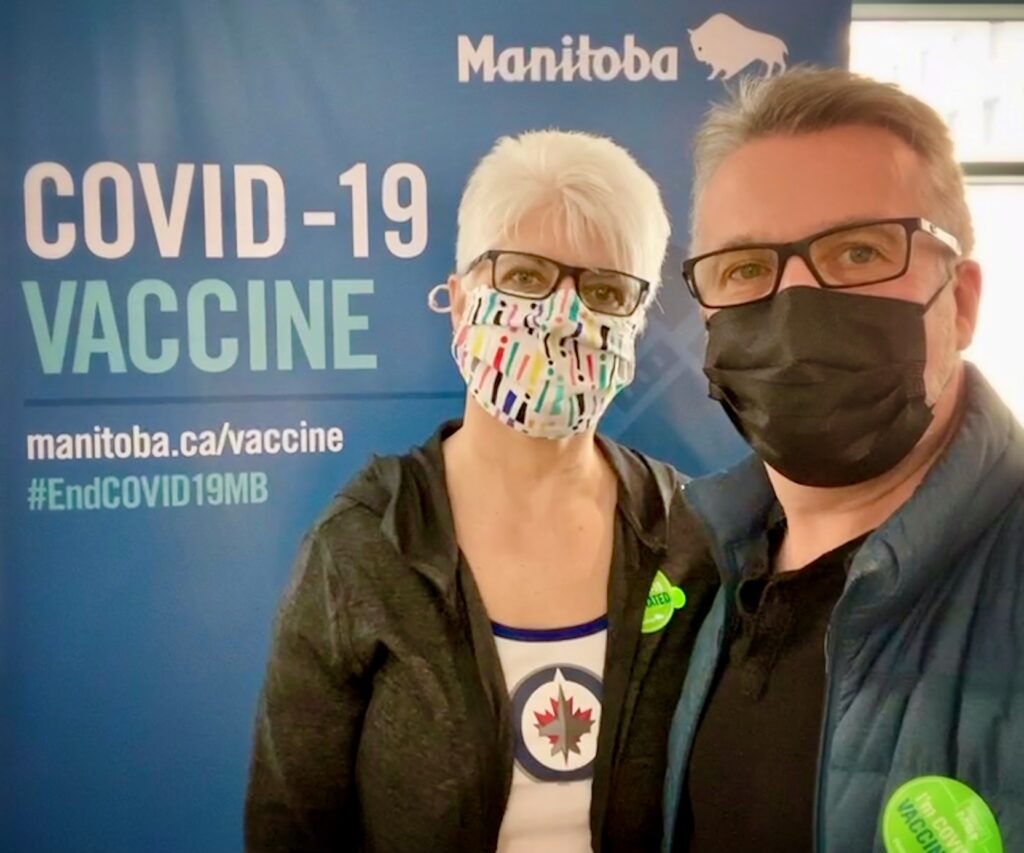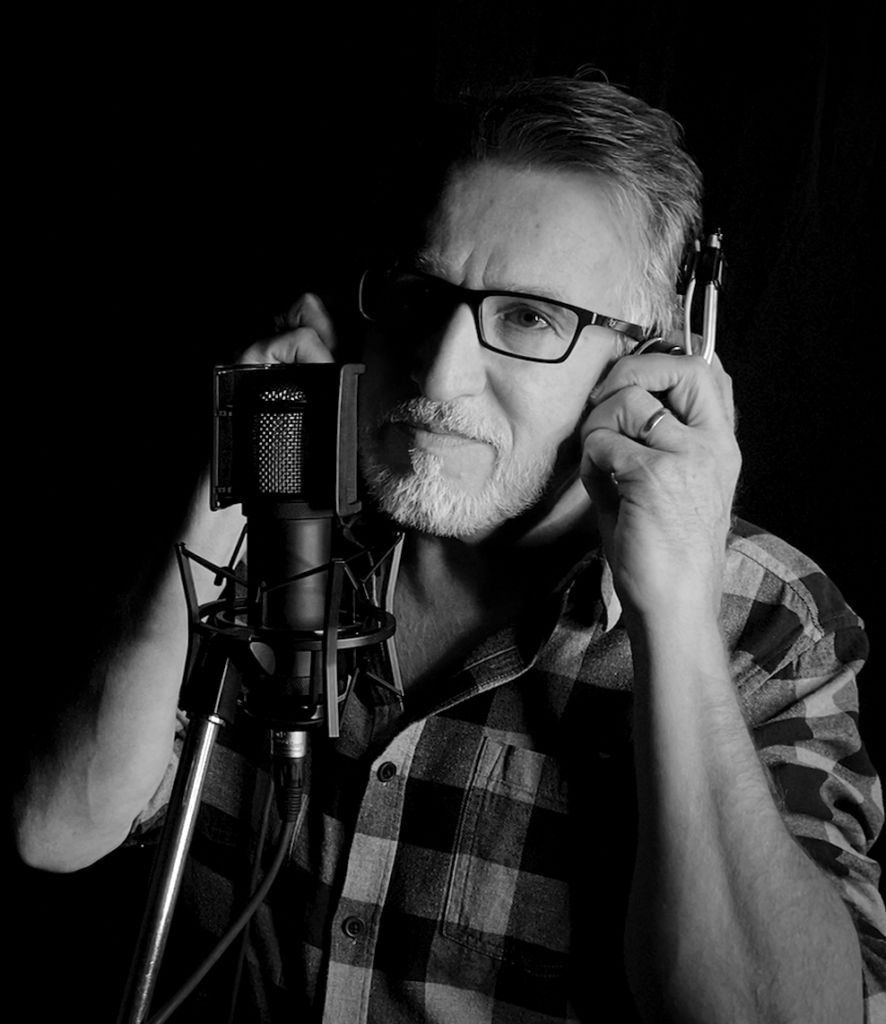
“The defining issue (impacting the real end-date of the pandemic) is vaccine equity.”
Dr. Peter Singer / Special advisor to the Director-general of the World Health Organization
Just to be transparent, I readily confess that I do not entertain the many conspiracy theories currently circulating around the pandemic. Nor do I harbour suspicions about the various vaccines that have been developed. Yes, complications abound. And yes, there are, as there always are, scoundrels who will exploit a crisis for personal, corporate, or political gain. However, these individuals do not set the bar on how to respond in such a time of real human crisis.
Thinking back to my childhood, I don’t recall my parents ever crying out that our civil liberties were threatened when governments mandated something like the use of seatbelts or reduced speed limits in school zones. Likewise, we never suspected sinister motives if a family doctor prescribed medication or suggested isolation to contain one of the many (less lethal) illnesses that went around my school or community.
Currently, I willingly follow the mandated health directives to mitigate the worst and bring about an end to this pandemic. I accept and expect that recommendations and protocols will change somewhat as an understanding of the virus deepens regarding:
- masking
- social distancing
- limited gatherings
- vaccinations
- quarantining
I am proud to say that my church, St. Benedict’s Table, also follows the recommended protocols. Our congregation has not met in person since the pandemic began last March, and we will not gather until public health officials advise it is safe to do so. Unsurprisingly, my faith has not been diminished by temporarily moving to online services. And as much as I miss hugging my friends and raising our voices in the sanctuary, I am able to bear patiently and adapt to what is safe and allowable for the sake of the wider community.
The media are quick to jump on stories of Christian communities who defy health and safety regulations on the basis of religious freedom, but those communities are by no means representative. Most churches comply. And most consider it an obligation of love to do so—even among Evangelical branches:
- Article: Evangelicals Should Fight Conspiracy Theories and Welcome the Vaccines by Rev. Russell Moore – head of the Southern Baptists’ public policy arm.
- Podcast: A Christian Perspective on the COVID Vaccines – Walter Kim, President of the National Association of Evangelicals in conversation with Dr. Francis Collins, Director of National Institutes of Health
- Blog: Should Christians Get Vaccinated? – Biologos
- Podcast: Francis Collins & David Anderson | How Christians Can End the Pandemic
Pandemics and Vaccines: Facts of History
There is nothing unprecedented about our current situation. Pandemics are a fact of history. And so far, Covid-19 isn’t even all that impressive as far as plagues go.
In his intriguing book “The Rise Of Christianity,” sociologist Rodney Stark recalls the “Plague of Galun” which ravaged the Roman Empire in 164CE with a death toll of approximately 30% of the population.
Almost a century later, a second epidemic at its peak killed 5000 people a day in the city of Rome alone. At the time, Bishop Dionysius of Alexandria expressed in an Easter message that “out of the blue came this disease, a thing…more frightful than any disaster whatever.” He later wrote, “there is not a house in which there is not one dead—how I wish it had been only one.”
In grade school, we learned about the Bubonic Plague (also known as the Black Death) which hit Europe in 1347 and claimed an astonishing 200 million lives in just four years. And let’s not forget that the more recent Spanish Flu, which occurred between the two World Wars, claimed 50 million lives before it played out—and that was when the global population was one-quarter of what it is now. I remember my mom talking to me when I was a child about losing two Aunties to that disease.
Vaccines, too, are hardly new. In 1796, Edward Jenner developed a vaccine for smallpox which led to the eventual eradication of a dread disease that claimed the lives of hundreds of millions of people over the centuries. As a result of his work, he is said to have saved more lives than any other person in history. Jenner’s discoveries also led to the creation of vaccines that have curtailed the miseries accompanying diseases such as typhoid, measles, diphtheria, and polio.
If there is anything truly unprecedented in our day, it is that so few (if any) of us have lost loved ones to any of these diseases.
Ancient Christian Response to Calamity
Rodney Stark’s book is not as interested in a history of plagues as it is a history of Christian response to calamity. He argues that what gave rise to the rapid growth of Christianity in the early centuries was not its doctrine, but rather its response to calamity as a result of its doctrine.
First and foremost, Christians believed that God dearly loves what God has made. This, they intuited from the Incarnation itself. John 3:16 reads, “For God so loved the world…” Stark points out that the notion of a loving, self-less God was a rather novel idea in antiquity. By and large, ancient religions served to placate self-serving gods. In other words, the gods didn’t love the world, they used the world.
In addition, Christians believed that the way to please God was to love what God loves. This played out in the early church’s radical care for, and solidarity with the marginalized, the poor, and the suffering. As the plagues raged and the elites fled the cities to preserve themselves and their families, Christians, as an act of worship, stayed behind and helped… quite often at the cost of their own lives.
Relief, Gratitude, and Hope
Today, my wife Nanci* and I got our first vaccine shot for the Covid-19 virus. In doing so, our concerns about contracting the virus are waning as our hopes of soon seeing our children and grandchildren are waxing. And since I am the last person in my office to get the vaccine, today also marks the day when we at Signpost Music can begin to imagine post-pandemic business and ministry.
I am profoundly grateful that death has not visited my family or those of my co-workers at Signpost Music. I’m so very grateful for all the financial support that has come in from private donations and government programs. These have allowed me to keep my home and continue my work. But I’m also mindful that so many lives have been decimated, so many businesses closed, and so many hearts broken in the last year.
Even as I do my civic duty not to contribute to the pandemic’s spread, my faith compels me to be aware of my privilege, and that I have freely received what others have not.
Advocating for Global Vaccine Equity
I’m slowly becoming aware of the inequity of access to vaccines across the globe. Reuters reports that “Nearly 900 million vaccine doses have been administered globally, but over 81% have gone to high- or upper-middle-income countries, while low-income countries have received just 0.3%,”
There are many reasons for global vaccine inequality, which you can easily research if you’d like. But whatever forces are in play, we are not left without agency. A friend recently alerted me to the Love My Neighbor Project, which is a national movement of diverse faith communities across the nation to increase the number of COVID-19 vaccines distributed quickly and equitably in low- and middle-income countries around the world.
When I visited the Love My Neighbor Project site, I was happy to see so many contributing faith communities that I have sung to over the years: The Salvation Army, Mennonite Central Committee, World Evangelical Alliance, The Christian and Missionary Alliance, Canadian Baptist Ministries, the Anglican Church of Canada, and the Presbyterian Church of Canada… to name a few. I was also warmed to see that this coalition is not Christian only, but includes a diverse group of faith traditions and organizations.
Here’s what the Love My Neighbor Project offers:
For $25, you can provide a COVID 19 vaccine for someone in the developing world. The vaccines are administered by UNICEF which has been a world leader in vaccine administration to underprivileged countries (mostly children) since the organization began.
The Challenge
Today, in solidarity with small businesses around the globe, we at Signpost Music are making a donation corresponding to the number of us who make our living here. It’s a small gesture to pay forward the gift of the health we enjoy which enables us to do our work. And we’re inviting other businesses, ministries, and faith organizations to do the same.
Likewise, Nanci and I, in solidarity with families around the globe, are making a donation (corresponding to the numbers in our own family) as a small gesture to pay forward the gift we are to each other and the gift that our kids, their spouses, and children are to us. And we’re inviting others to do the same.
Have you been vaccinated?
Pay it forward at:
LOVE MY NEIGHBOR PROJECT
In Closing…
Years ago, in response to Rodney Stark’s book—with its assertion that the early Christian community took root precisely because it understood that to love God required us to love each other and all of creation— I wrote the following song which you can hear below (click to listen.)
There are only two lines of lyric because, at the time, this is the only thing I felt pressed to write:
Whoever loves God loves all that God loves.
Think about that.
Think about that.
I think about it a lot.
“Think About That” is found on my 2014 album release, Pilgrimage, which can be sampled and purchased HERE…
* I’m grateful to my wife Nanci who saw an early draft of this post and made several editorial and content suggestions that make it a much better read than it would have otherwise been. 🙂
